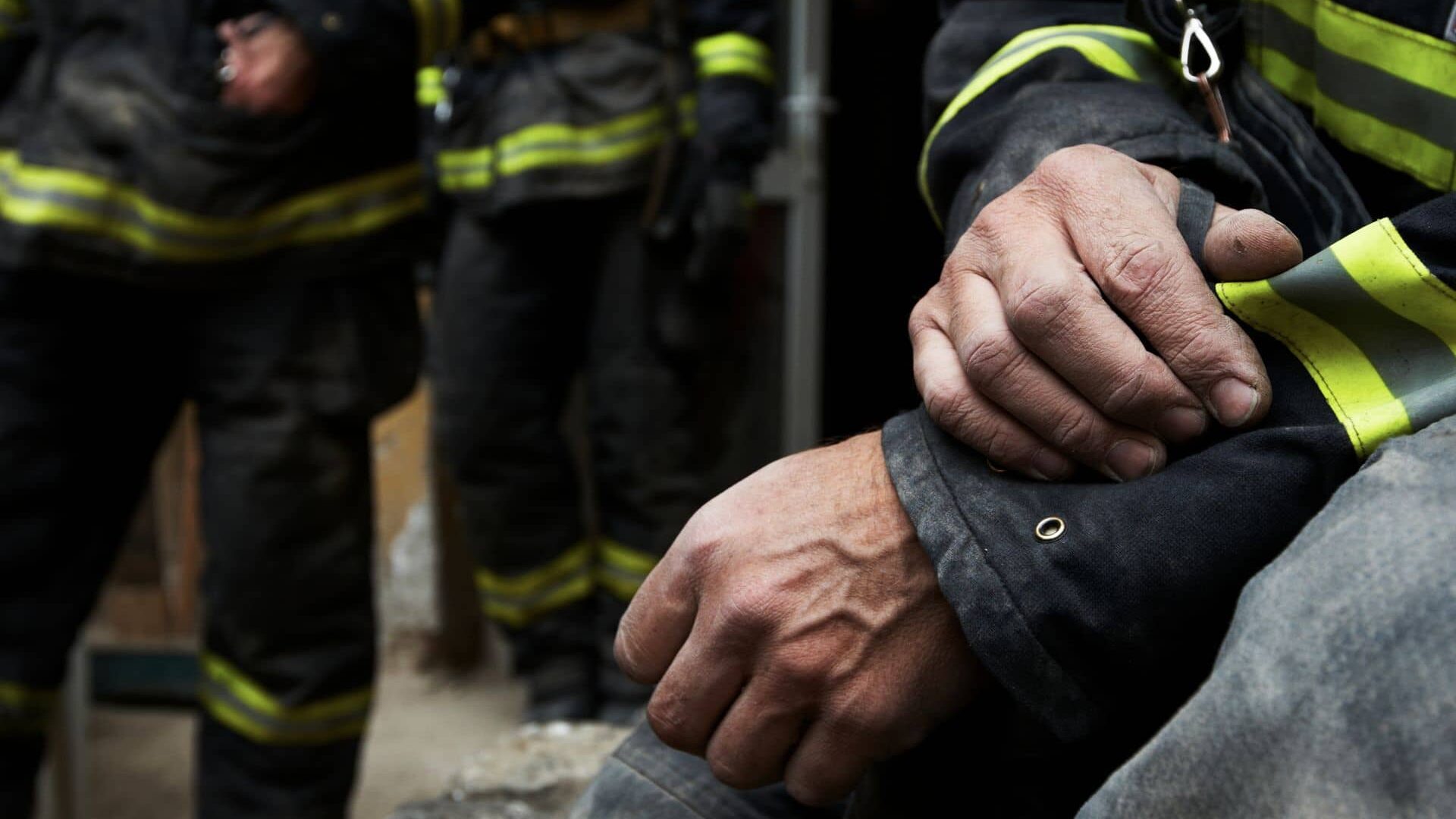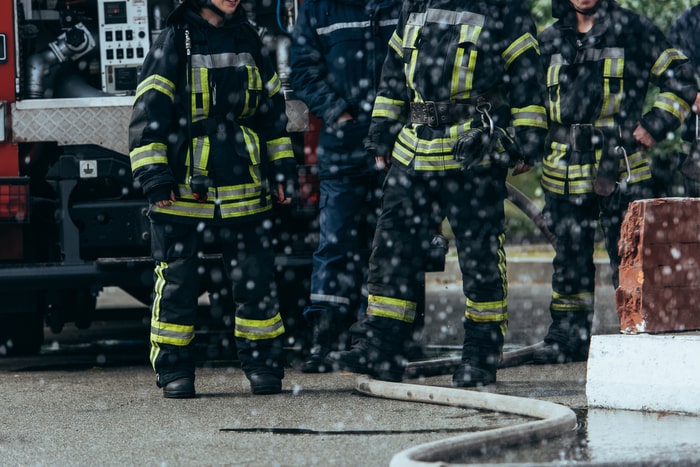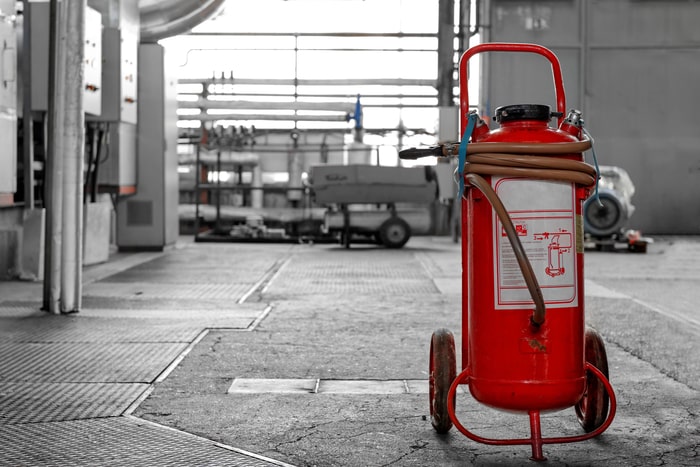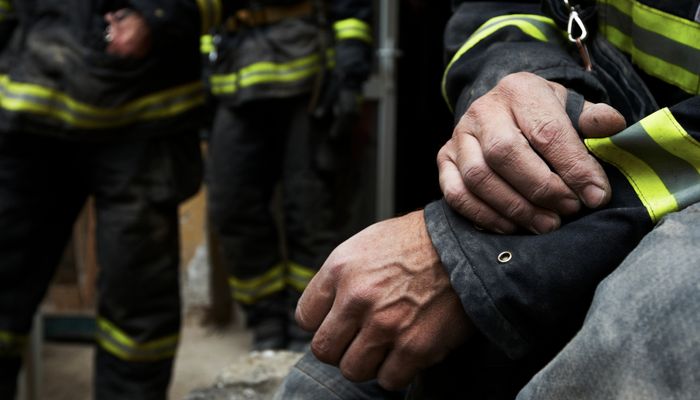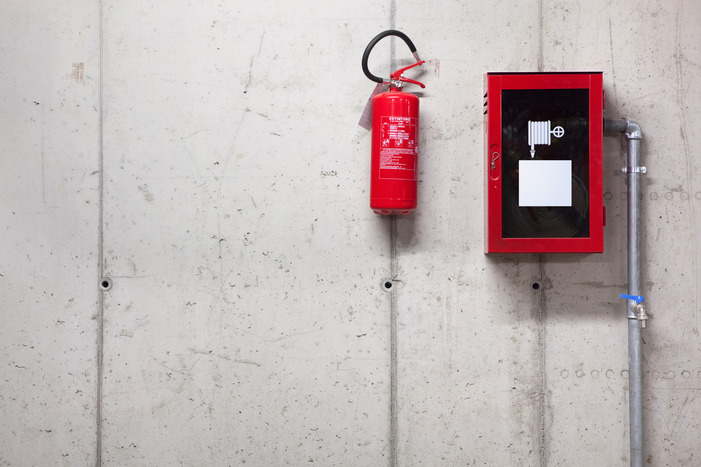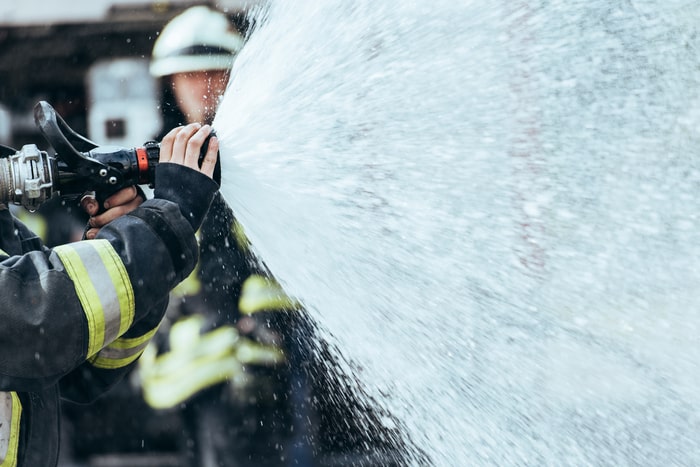Fire Watch Guards
Contents
- 1 Fire Watch Guards
- 1.1 NYC Hotels & Hospitality
- 1.1.1 1. “Do We Need Fire Watch During Normal Operations?”
- 1.1.2 2. “Can Our Security Staff Pull Double Duty?”
- 1.1.3 3. “What About Events in Ballrooms?”
- 1.1.4 4. “How Do We Handle Sleeping Guests?”
- 1.1.5 5. “Are There Different Rules for Short-Term Rentals?”
- 1.1.6 The $300K SoHo House Lesson
- 1.1.7 Why Hotels Choose Our Specialized Teams
- 1.1 NYC Hotels & Hospitality
NYC Hotels & Hospitality
Running a hotel in NYC? Your fire watch needs are different from office buildings and so are FDNY’s rules. Misinformation here can cost you $25k fines or worse, guest evacuations at 3 AM. We’ve compiled the top 7 questions hoteliers actually need answered (not the fluff you find online).
1. “Do We Need Fire Watch During Normal Operations?”
Only if:
• Your certificate of occupancy requires it (common in pre-1968 buildings)
• Any fire system is impaired (like during sprinkler repairs)
• FDNY issued a violation mandating guards
Key difference: Hotels need guards in guest areas, not just mechanical rooms.
2. “Can Our Security Staff Pull Double Duty?”
Sometimes, but with caveats:
• They must have F-01 certification (regular security license isn’t enough)
• Can’t exceed 4 consecutive hours as fire watch
• Must still perform all security duties (no reduced coverage)
Pro tip: FDNY checks this by interviewing staff about patrol routes.
3. “What About Events in Ballrooms?”
Any gathering over 75 people requires:
• Additional exit lighting (beyond normal building standards)
• Guard positioned at primary exit with flashlight/whistle
• Kitchen hood inspections if serving food (90% of hotel event fires start here)
Note: Wedding sparklers = automatic fire watch requirement.
4. “How Do We Handle Sleeping Guests?”
This is where hotels get creative (and legal):
• Guards must know all disabled guest locations (FDNY requires this list)
• Use coded announcements (no panic-inducing “FIRE!”)
• Partner with FDNY on elevator recall sequences (hotels get priority)
5. “Are There Different Rules for Short-Term Rentals?”
Airbnb-style operations face unique traps:
• Buildings zoned residential-turned-hotels often lack proper systems
• FDNY now cross-checks Airbnb listings with fire watch records
• Fines start at $15k/day for unregistered transient occupancy
The $300K SoHo House Lesson
A trendy boutique hotel tried using bellhops as fire guards during renovations. Problems? 1) No certifications, 2) Missed 3am patrols, 3) Kitchen fire spread to 5 floors. Result: $300k in fines + 6-month occupancy permit suspension. Proper guards would’ve cost $18k total.
Why Hotels Choose Our Specialized Teams
We train guards specifically for hospitality:
• Multilingual emergency communication (we cover 23 languages)
• Discreet guest relations during evacuations
• VIP protection integration (know which floors to prioritize)
• Event-specific fire plans (open flames at weddings, etc.)
When a Times Square hotel had to evacuate 1,200 guests last winter, our guards did it in 12 minutes flat. That’s hotel-grade fire watch.
Stop guessing about guest safety.
Get our free hotel fire watch assessment today.
